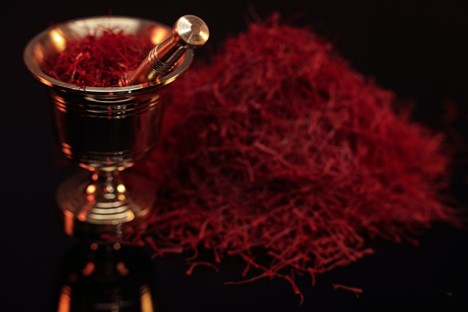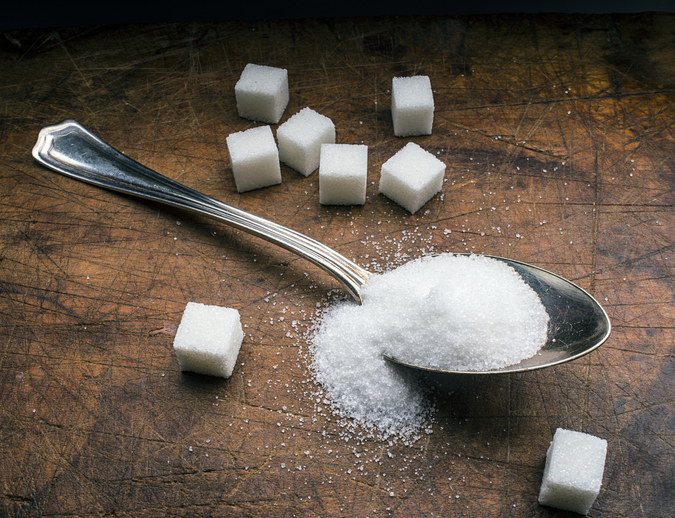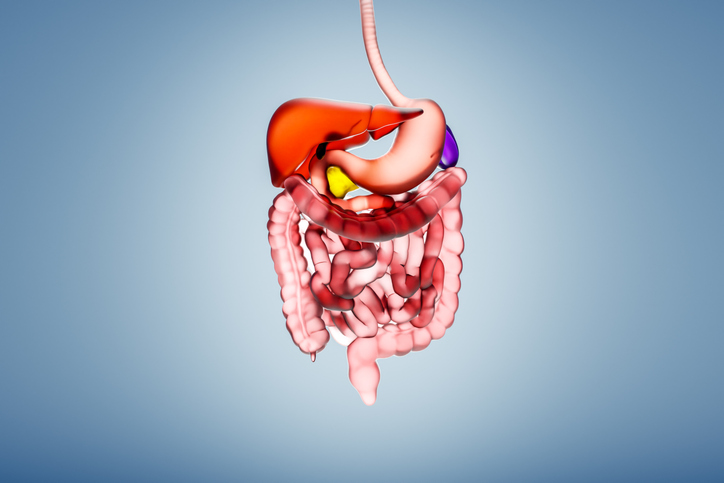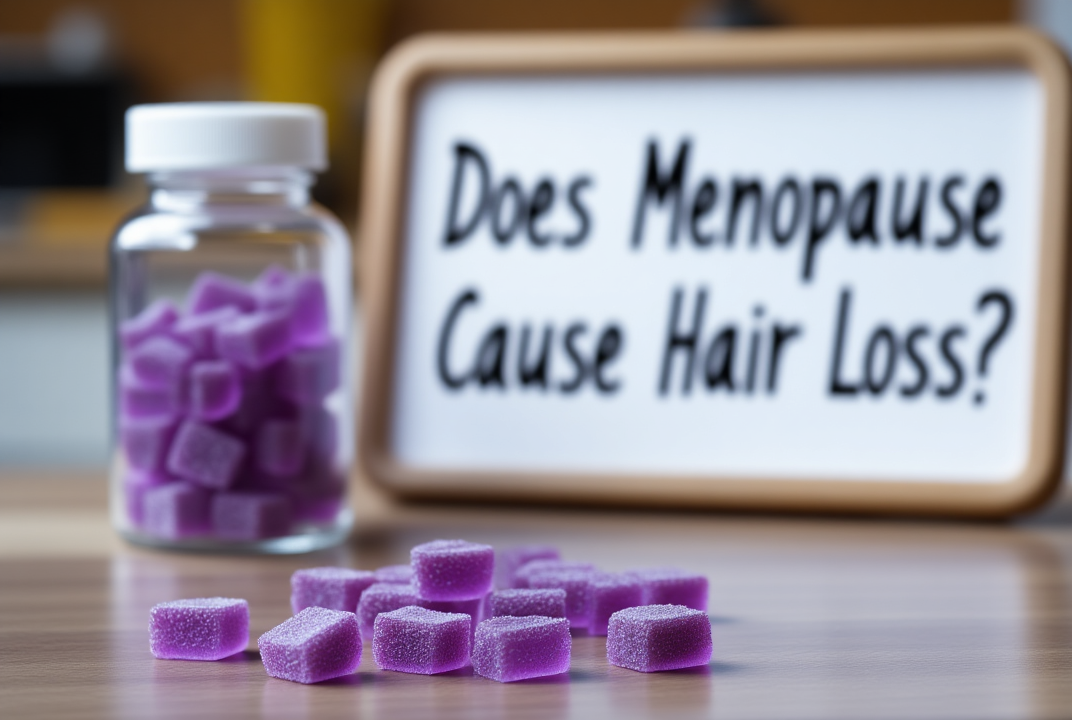
If you’ve noticed your hair becoming thinner or less voluminous as you approach or move through menopause, you’re not alone. Many women experience changes in hair texture and density during this time, often leading to frustration and confusion. But what’s really behind this transformation? By unpacking the hormonal changes that define menopause, we can shed light on why hair loss happens, and how you can address it with knowledge and confidence.
What Is Menopause?
Menopause is a natural biological process that marks the end of a woman’s reproductive years, typically occurring between ages 45 and 55. It is officially diagnosed after 12 consecutive months without a menstrual period and is driven by a gradual decline in the production of estrogen and progesterone by the ovaries. This hormonal shift brings about a range of physical and emotional changes, including hot flashes, night sweats, mood fluctuations, and, for many women, noticeable changes in hair and skin. While menopause is a normal part of aging, its symptoms and timing can vary widely from person to person.
Why Does Menopause Happen?
- Natural Aging Process: As women age, the ovaries gradually lose their ability to produce eggs, leading to a decline in reproductive hormones.
- Hormonal Changes: Levels of estrogen and progesterone decrease significantly, disrupting the menstrual cycle and eventually causing it to stop.
- Genetic Factors: The timing of menopause is often influenced by genetics, with many women experiencing menopause around the same age as their mothers or sisters.
- Ovarian Function Decline: Over time, the follicles in the ovaries become less responsive to hormonal signals, reducing fertility and eventually ending menstruation.
- Health and Lifestyle Influences: Certain medical treatments, surgeries (like removal of the ovaries), or health conditions can trigger early menopause or affect its progression.
Does Menopause Cause Hair Loss?
Yes, menopause can cause hair loss due to the significant hormonal changes that occur during this stage of life. As estrogen and progesterone levels decline, their protective effects on hair growth diminish, leading to increased hair shedding and thinning. At the same time, the relative increase in androgens (male hormones) can cause hair follicles to shrink, resulting in finer, weaker hair and sometimes even patchy hair loss. While not every woman will experience noticeable hair loss during menopause, it is a common concern, and understanding the hormonal connection is key to finding effective solutions and maintaining hair health.
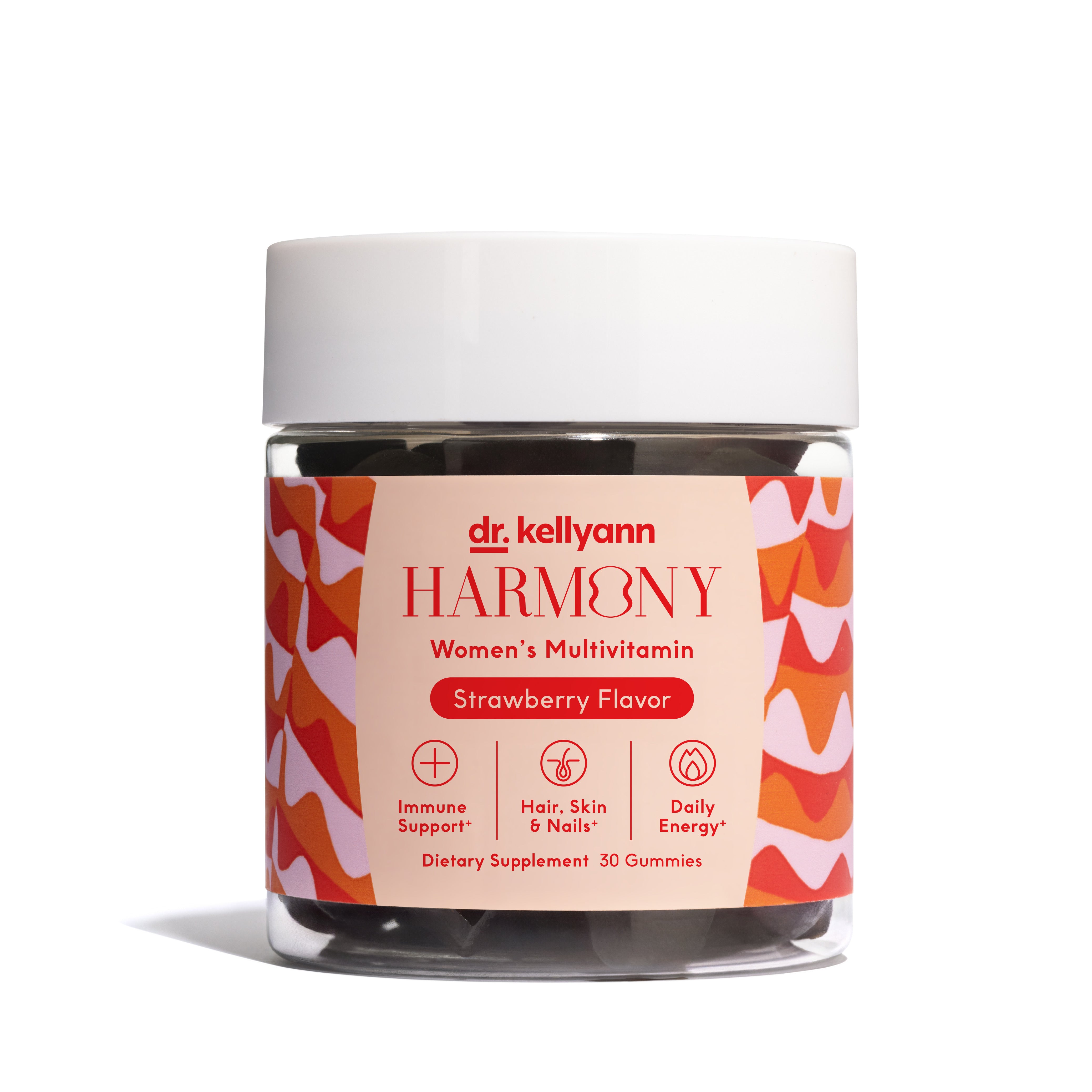
Hormonal Changes 101
The Role of Estrogen and Progesterone
Estrogen and progesterone are the primary female hormones responsible for regulating the menstrual cycle and supporting hair growth. During the reproductive years, these hormones help keep hair in its growth phase longer, resulting in fuller, healthier hair. As menopause approaches, the ovaries produce less estrogen and progesterone, which disrupts the natural hair growth cycle and can lead to increased shedding and thinning.
The Rise of Androgens
With the decline of estrogen and progesterone, androgens—often referred to as male hormones—become more prominent in the body. Although women naturally produce androgens in small amounts, their effects become more noticeable during menopause. Androgens can shrink hair follicles on the scalp, causing hair to grow back finer and more sparsely, and sometimes leading to a pattern similar to male-pattern baldness.
The Impact on Hair Follicles
Hair follicles are highly sensitive to hormonal changes. When estrogen and progesterone levels drop and androgens rise, the hair’s growth phase shortens while the resting phase lengthens. This shift means more hairs are shed and fewer are replaced, resulting in overall thinning and reduced volume. Some women may also notice changes in hair texture, making it feel drier or more brittle.
Other Contributing Factors
While hormonal changes are the primary driver of menopausal hair loss, other factors can also play a role. Stress, nutritional deficiencies, thyroid imbalances, and certain medications may exacerbate hair thinning during this time. Addressing these additional factors alongside hormonal changes can help support healthier hair throughout menopause.
Can Supplements or Vitamins Slow the Process?
Supplements and vitamins can play a valuable role in slowing the process of hair thinning during menopause by providing essential nutrients that support healthy hair growth. Products like the Harmony Women’s Multivitamin from Dr. Kellyann are specifically formulated to address women’s unique nutritional needs, delivering key ingredients such as biotin, vitamin B12, and vitamin E, which are known to strengthen hair, promote cell health, and support overall vitality. While supplements alone may not completely stop menopausal hair loss, they can help fill nutritional gaps, enhance hair resilience, and work synergistically with a balanced diet and healthy lifestyle to maintain thicker, healthier hair as you navigate hormonal changes.
Does Over-Styling or Harsh Hair Care Accelerate Thinning?
Yes, over-styling or using harsh hair care products can accelerate thinning, especially during menopause when hair is already more vulnerable due to hormonal changes. Frequent use of heat tools, tight hairstyles, chemical treatments, and products with harsh ingredients can weaken hair shafts, cause breakage, and stress the scalp, leading to increased shedding and reduced volume. For women experiencing menopausal hair changes, adopting gentler styling practices—such as air drying, using wide-tooth combs, and choosing sulfate-free, nourishing products—can help protect hair health and minimize further thinning.
What Are the Best Ways To Treat or Prevent It?
The best ways to treat or prevent menopausal hair loss combine hormonal support, healthy lifestyle choices, and targeted nutrition. Consulting with a healthcare provider about hormone therapy or alternative treatments can help address the root hormonal imbalances. Alongside this, maintaining a balanced diet rich in essential vitamins and minerals is crucial for hair strength and growth. Supplements like the Harmony Women’s Multivitamin from Dr. Kellyann offer a convenient way to bridge nutritional gaps, delivering key nutrients such as biotin, vitamin B12, and vitamin E—each known to support healthy hair, skin, and nails. Managing stress, practicing gentle hair care, and avoiding harsh styling products further protect hair during menopause, empowering women to maintain confidence and vitality throughout this transition.
Common Menopause Mistakes To Avoid
- Ignoring Nutritional Needs: Overlooking the importance of a balanced diet and essential vitamins can worsen hair thinning and other menopausal symptoms.
- Overusing Heat and Chemicals: Frequent use of hot styling tools, harsh dyes, and chemical treatments can damage already fragile hair, accelerating breakage and loss.
- Neglecting Scalp Health: Failing to care for the scalp—such as skipping gentle cleansing or not addressing dryness—can hinder healthy hair growth.
- Dismissing Stress Management: High stress levels can exacerbate hormonal imbalances and contribute to increased hair shedding during menopause.
- Delaying Medical Advice: Waiting too long to consult a healthcare provider about sudden or severe hair loss may result in missed opportunities for early intervention and effective treatment.
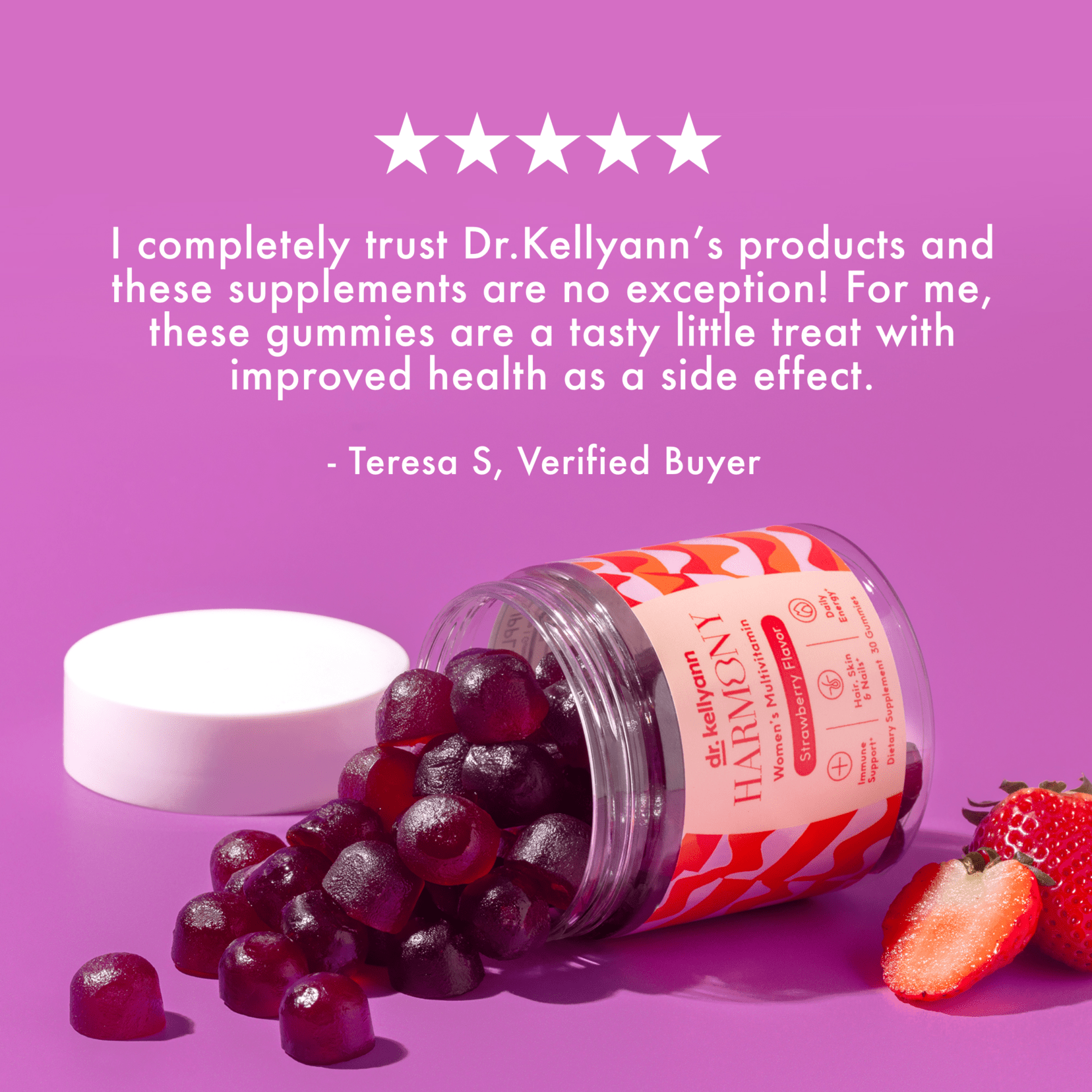
Conclusion
Menopausal hair loss can be a challenging and emotional experience, but understanding the underlying hormonal changes empowers you to take proactive steps toward healthier, fuller hair. By prioritizing balanced nutrition, gentle hair care, stress management, and considering targeted supplements like the Harmony Women’s Multivitamin, you can support your hair and overall well-being during this transition. Remember, you’re not alone—many women face similar changes, and with the right knowledge and resources, it’s possible to maintain confidence and vitality throughout menopause and beyond.
Final Thoughts
Wondering how to support your hair and overall wellness as you navigate menopause? Explore Dr. Kellyann’s best sellers, including nourishing chicken, beef, and french onion bone broths designed for gut and overall health. For a daily boost that supports hair, skin, and nails, try the Harmony Women’s Multivitamin. Discover even more chocolate and vanilla shake options at Dr. Kellyann’s collection and find all your nourishing favorites at Dr. Kellyann’s.
Sources
- https://my.clevelandclinic.org/health/diseases/21841-menopause
- https://maneadvancedhair.com/blog/9-hair-care-mistakes-that-could-make-hair-loss-worse/
- https://www.endocrine.org/patient-engagement/endocrine-library/hormones-and-endocrine-function/reproductive-hormones

